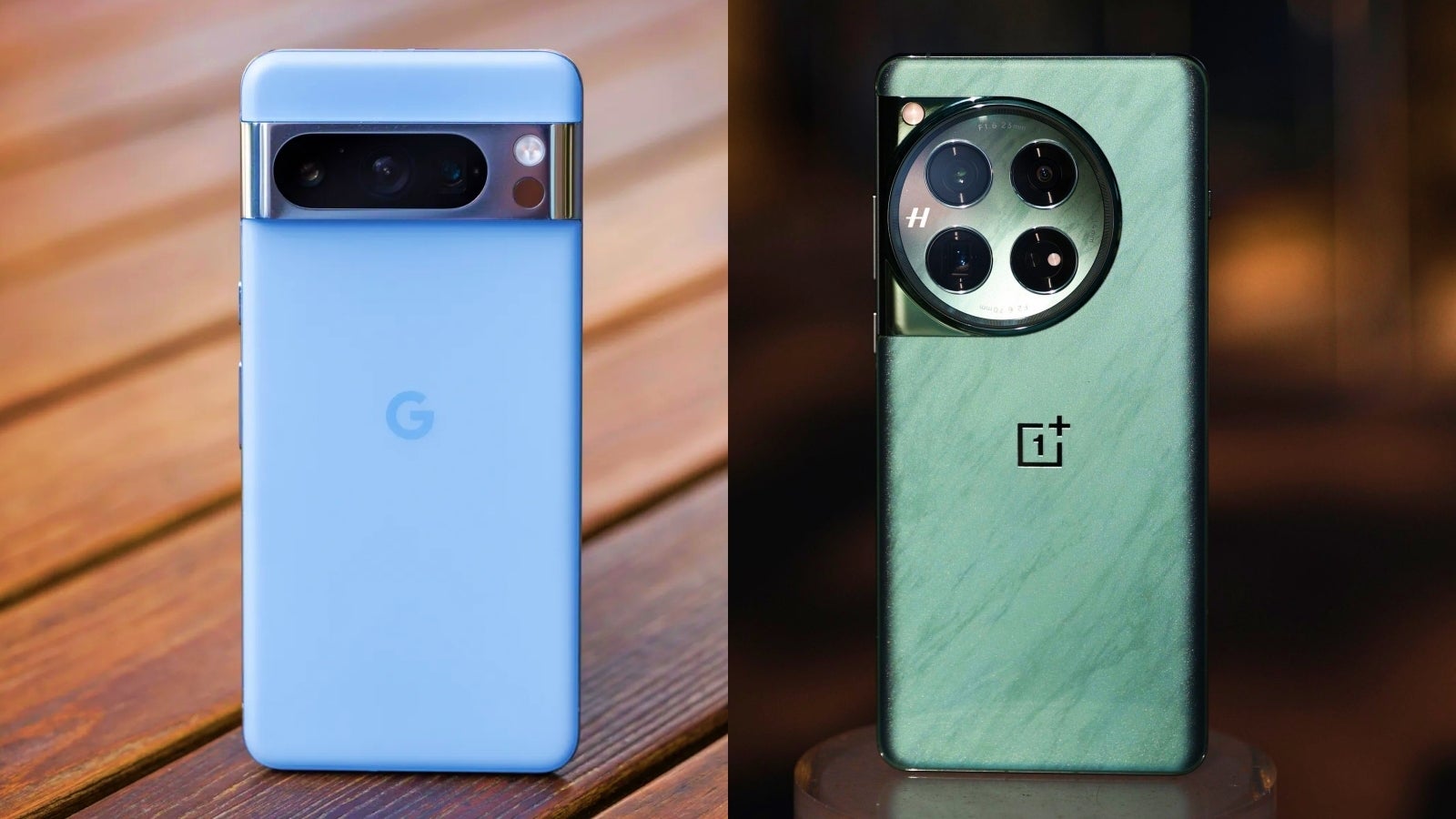The Pixel 8 Pro looks great; it offers a cleaner software experience (which I like), and it’s cheaper than Samsung’s most premium flagship. Even now (thanks to Google’s Black Friday sale), you can get a brand new Pixel 8 Pro for just $800 despite the fact it came out less than two months ago – the offer might or might not be available when you’re reading this.
, then how come Google keeps failing to turn its flagship into the “default” Android flagship the Pixel should be?
Given the fact Google pioneered Android, and after years in the phone-making business, how long does Google need to convince people the Pixel is the main event in the Android world?
Without getting too philosophical, I’d say Google’s biggest mistake was not trying as hard (as it does now) from the very beginning – from the days of the Nexus phone.
Now, from the user’s perspective, the current state of the Pixel is what really matters, and despite me preferring the Pixel 8 Pro over the Galaxy S23 Ultra, the truth is that there are a few crucial aspects of the Pixel experience that don’t live up to the $1,000 starting price of the Pixel 8 Pro:
- Even on the third iteration of the Tensor chip, Google’s in-house SoC (made in partnership with Samsung) is clearly still the biggest weakness of the Pixel; I’m not a gamer, but you don’t need to play games to notice the Pixel takes longer to complete some simple tasks like editing and saving a photo/video compared to the Galaxy S23, and especially the iPhone 15 Pro
- But Tensor’s biggest drawback isn’t that it’s only as powerful as a mid-range chip but the efficiency of the Tensor SoC; although the Pixel 8 Pro’s battery should last a day for most people, it’s noticeably less reliable than both the Galaxy S23 Ultra and the iPhone 15 Pro Max’s, which can even push it to two days; the Pixel 8 Pro is also noticeably weaker than the iPhone in stand-by mode (when you’re not using the phone)
- Believe it not, the Pixel’s camera isn’t what it was and this isn’t only Google’s fault; sure, the Pixel takes photos with tons of artefacts and noisy videos at night, but also, the competition has caught up to Google big time; if the Pixel 2 and Pixel 3 could easily be qualified as “the best camera phones” of their time, that’s not the case with the Pixel 8 and Pixel 8 Pro, which might not even be in top five (Chinese flagships included); I’d pick the iPhone 15 Pro Max over the Pixel 8 Pro as my primary camera phone 10/10 times – something I couldn’t say about the iPhone X vs Pixel 2 back in 2017
- And last but not least, the Pixel’s history of bugs will give users a bit less reassurance than something like a Galaxy or an iPhone; sure, I haven’t encountered any major bugs with my Pixel 8 Pro (especially compared to my Pixel 6 Pro) but reputation matters in the phone world, and Google’s was a little bit tarnished after the Pixel 6 series bug fiasco
Google is now playing in the “professional league” of flagship phones, but the $1,000 Pixel 8 Pro still runs on a mid-range SoC, which offers OK battery life. Time to go back to Qualcomm?
Google’s real “enemy” is Samsung – not Apple: Is the Galaxy S23 really the default Android phone?
Google keeps poking fun at the iPhone for lacking the Pixel’s AI camera features but (in my experience) the iPhone takes better photos and videos in most cases.
What strikes me more is that when asking me which phone I have, many “normal” people say “do you have an iPhone or a Samsung”, instead of “iPhone or Android”. In other words, to many people Samsung equals Android and vice versa, and that’s been the case for many, many years. And this is a real-world advantage that Google will have a hard time overcoming.
What doesn’t help is the relatively homogenous Android scene in the US and Europe, which doesn’t get as many awesome Chinese mid-range and flagship phones as it used to (partly due to the Huawei ban).
So, yes, the Galaxy S23 series are (with no doubt) the default Android flagships for many people (especially in the US), which means Google should probably focus on competing with Samsung rather than Apple. However, if you look at Google’s Pixel marketing campaign, you’ll only see videos targeted at “making fun” of the iPhone. But the joke is on the Pixel right now.
Can the Pixel or any other 2024 flagship challenge Samsung’s image as “the de facto Android phone”?

Can the newly-announced OnePlus 12 turn into the default Galaxy challenger in 2024 instead of the Pixel 8 Pro?
The bad news for Google is that the Pixel doesn’t exist in isolation. Nothing is now trying to make a better “flagship-killer” than the Pixel; the iPhone has a better camera (in my experience); and OnePlus’ upcoming flagship might put the Pixel 8 Pro in a very tricky position.
Of course, I’m only referring to how good of a phone the OnePlus 12 is shaping up to be rather than sales. Still, if you’re on the lookout for the best Android phone on the market to get right now, or in a couple of months time, I might keep my eye on both the Galaxy S24 and the newly announced OnePlus 12.
Because judging by the excellent OnePlus 11, OnePlus might take Google’s spot as the default “Samsung challenger” for now, and that’s not a shabby title.
